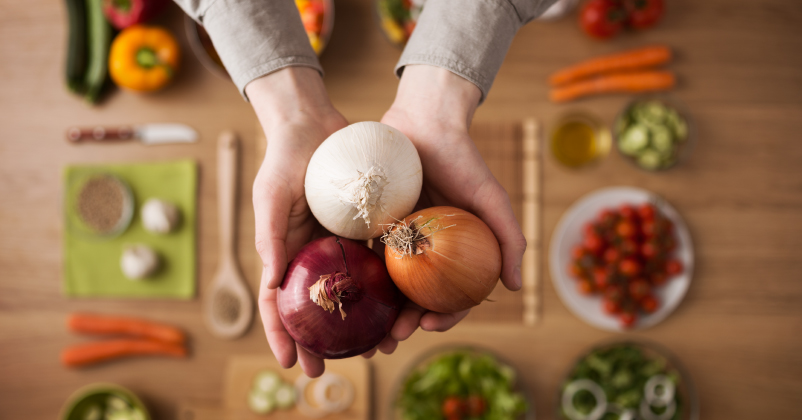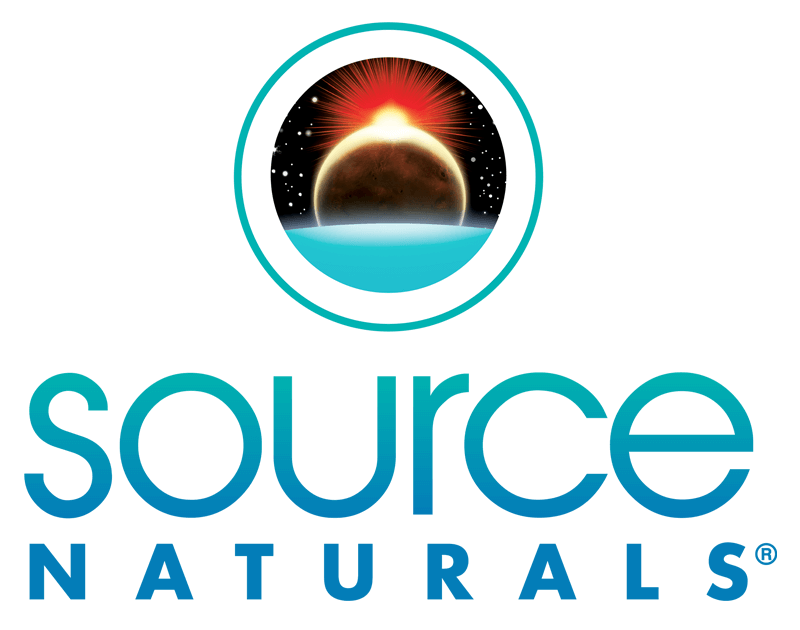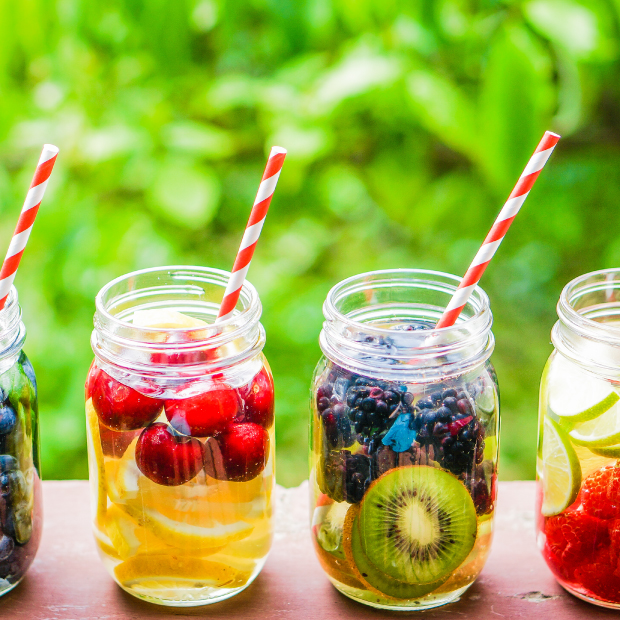
What Is Quercetin?
Quercetin is aflavonoid, part of a diverse group ofphytonutrients, naturally occurring bioactive substances found in certain plants that may be beneficial to human health. Along with another class of compounds called carotenoids, flavonoids are responsible for the vivid colors in fruits and vegetables.
Phytonutrients have been used for generations in traditional Chinese and Ayurvedic practice to support healthy skin, brain function, blood sugar, and blood pressure.
These plant nutrients could be important to your health, but your body can’t produce them (since you’re not a plant). In recent years, researchers have begun looking at flavonoids as a way to understand some of the health benefits that have long been associated with a diet rich in fruits and vegetables.
How Quercetin Can Help
Flavonoids like quercetin are powerful antioxidants with anti-inflammation and immune support properties.
- Antioxidant action:Quercetin scavenges free radicals, which occur as byproducts of your body’s own energy production processes, or come into your body via foods you eat or air you breathe, or result from the effects of sunlight on your skin. Free radicals can accumulate in your body (known as oxidative stress), harming your cell membranes and damaging your DNA.
- Immune system support:Quercetin supports a balanced immune response, and it’s most frequently associated with helping to ease seasonal discomforts through antihistamine activity. Preclinical research suggests that quercetin may inhibit histamine release from mast cells, cells in your connective tissues that contain biochemicals to trigger immune defense reactions, which help both your innate and adaptive immune systems respond to pathogens—and in this case, allergens.
- Anti-inflammatory activity: Preclinical research has demonstrated that flavonoids may inhibit leukotriene production; leukotrienes are associated with the inflammatory response when the body encounters an allergen or allergy trigger. This activity has possible implications for reducing inflammation and immune reactions, especially in the respiratory system.
Quercetin has been examined extensively for 30 years in the lab, in animals, and in epidemiological studies; more clinical study is needed to evaluate quercetin’s effects in people.
Where to Find Quercetin
The best way to get a wide range of beneficial phytonutrients is by eating a balanced diet with plenty of whole fruits and vegetables. Good food sources of quercetin include:
- Onions (perhaps the most studied of quercetin-rich foods) and shallots
- Leeks
- Brussels sprouts
- Kale
- Broccoli
- Green tea and buckwheat tea
- Berries
- Beans
- Apples
- Grapes
- Red wine
- Some herbs, like Ginko bilobaand St. John’s wort
You can also find quercetin in high-quality supplements if your diet doesn’t contain many fruits and vegetables. You may want to choose a product that also contains papain or bromelain, plant-derived enzymes that can increase intestinal absorption of quercetin.
If you regularly take over-the-counter medications like aspirin, ibuprofen, antacids, or antihistamines, or if you’re on prescription medications that metabolize through the liver, check with your healthcare practitioner before taking any quercetin supplement.
Resources
Quercetin is a strong antioxidant phytonutrient with a lot of potential. Learn more from the resources we used for this article.
Cathy Wong, “The Health Benefits of Quercetin,” VeryWellHealth.com, 10/16/18. Accessed 2/14/19.
Jessie Szalay, “What Are Flavonoids?” LiveScience.com, 10/20/15. Accessed 2/14/19.
Jiri Mlcek, et al., “Quercetin and Immune Response,” Molecules 21(5), May 2016. Accessed 2/14/19.
Russell Greenfield, “Quercetin,” DrWeil.com, Aug 2016. Accessed 2/14/19.
WebMD Vitamins & Supplements, “Quercetin,” undated. Accessed 2/14/19.









